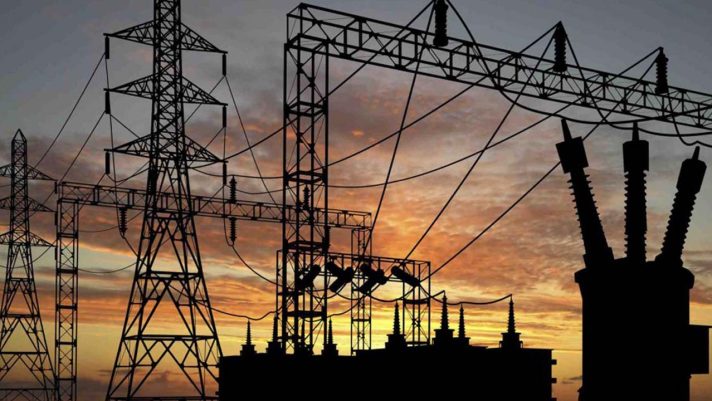•Targets to save 40% Gas, 65% Oil needs
In less than 28 years from now, Nigeria will not necessarily need natural gas and crude oil to meet its energy demand as renewable energy is projected to provide 60 per cent of the country’s energy demand.
The Federal Government and the International Renewable Energy Agency (IRENA) disclosed this yesterday at the launch of the Nigeria Renewable Energy Road Map (REmap) in Abu Dhabi, United Arab Emirates.
The development is projected to enable Nigeria to save 40 per cent in natural gas and 65 per cent in oil needs at the same time.
With rapid population and climate change concerns as well as treaties like the Paris Agreement, Nigeria is faced with the dilemma of a dismal energy outlook and total reliance on fossil fuels.
But the new plan is projected to achieve the country’s energy demand and also offer opportunities to achieve net-zero.
Going by the plan, Nigeria is expected to boost power supply to record 178 gigawatts by 2050.
Nigeria’s electricity grid is currently heavy on fossil fuel with 80 per cent of the electricity coming from gas-fired plants amidst energy crisis that deprives almost half of the population access to electricity.
Minister of Science, Technology and Innovation, Dr. Adeleke Olorunimbe Mamora, represented at the programme by Nigerian Ambassador to UAE, Mohammed Dansanta Rimi; Director General of IRENA, Francesco La Camera and the Director General of Energy Commission of Nigeria (ECN), Eli Jidere Bala, were optimistic that the plan would deliver the much awaited energy needs of Nigeria.
They were also hopeful that the plan would spur economic development, industrial development, job creation, investment and provide leeway to net-zero and sustainable development.
La Camera stressed the need to harness the untapped renewable energy in Nigeria.
“Nigeria can provide sustainable energy for all its citizens in a cost-effective manner,” he said, adding, “Nigeria has a unique opportunity to develop a sustainable energy system based on renewables that support socio-economic recovery and development while addressing climate challenges and accomplishing energy security.”
Mamora insisted that Nigeria’s highly distributed institutional structure of the energy sector means that coordination of policies would be essential to unlocking integrated energy transition planning and ensuring its success.
His words: “A cross cutting agency or body tasked with doing so would be helpful in building consensus and developing a coherent plan which in turn would allow for the scaling up of renewable energy to meet the needs across the Nigerian energy sector.”
For the plan to become reality, the country would need to invest $36 billion yearly, a funding opportunity, which Bala believes, could be raised in conjunction with the private sector.

































